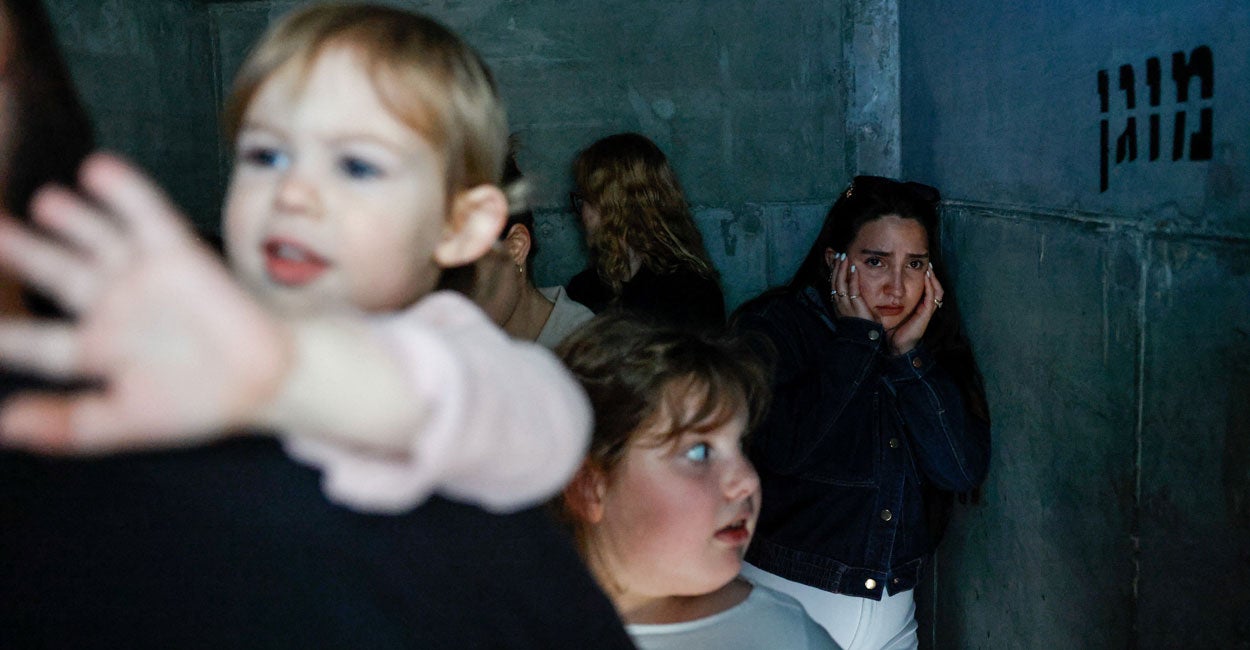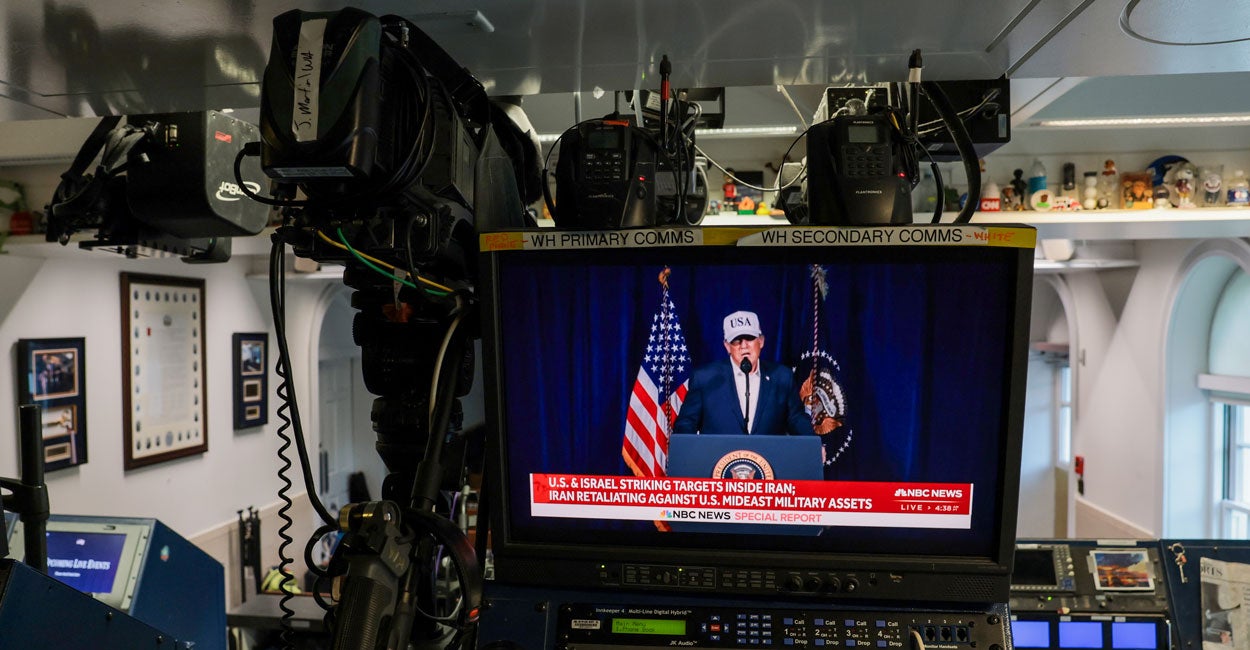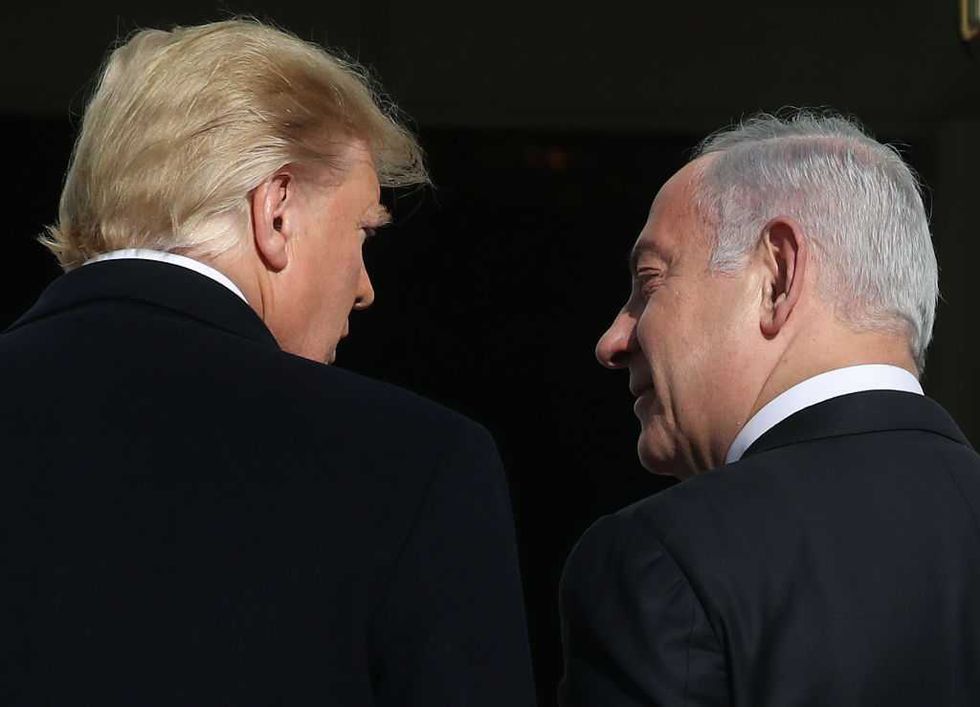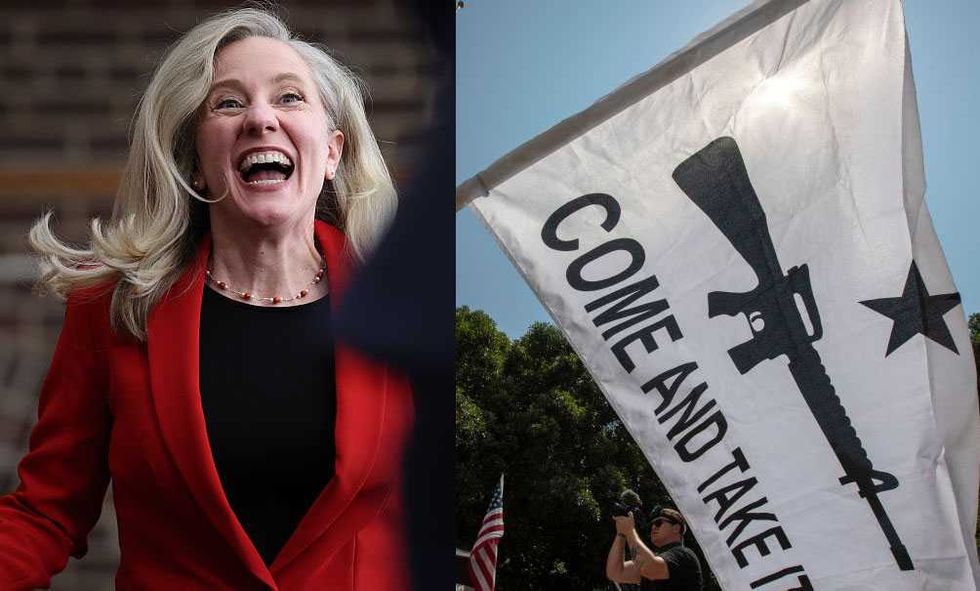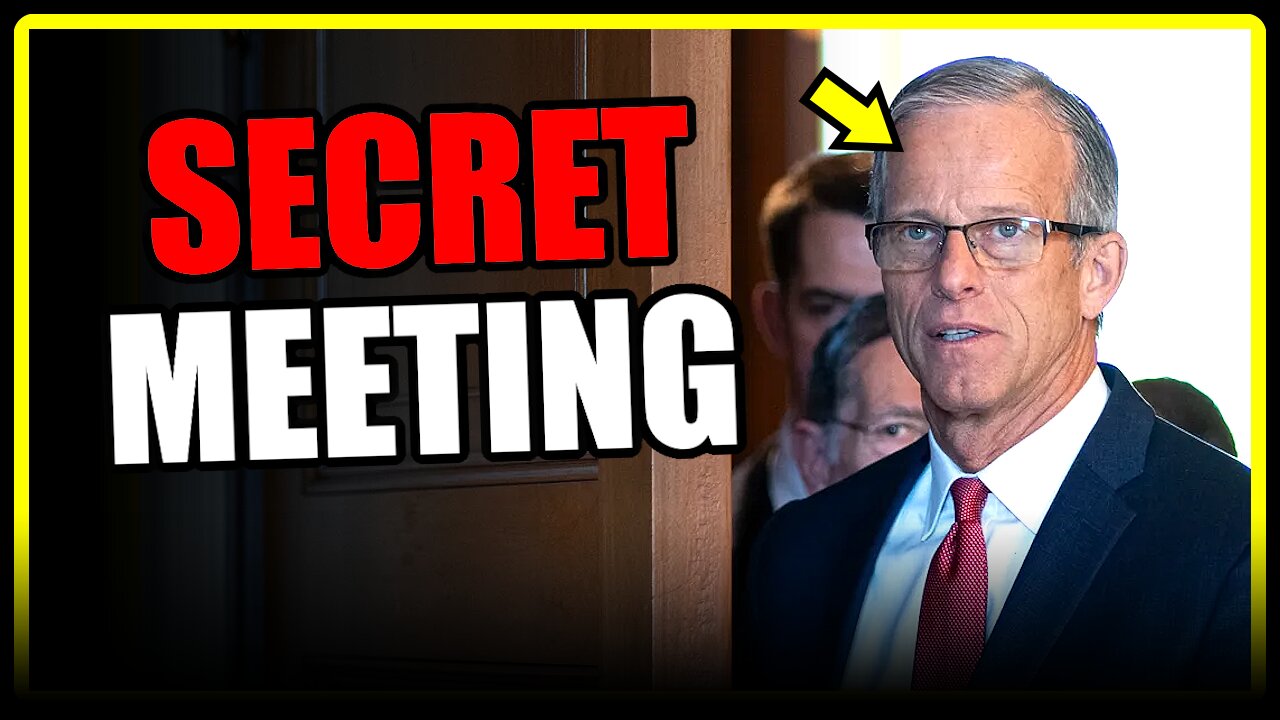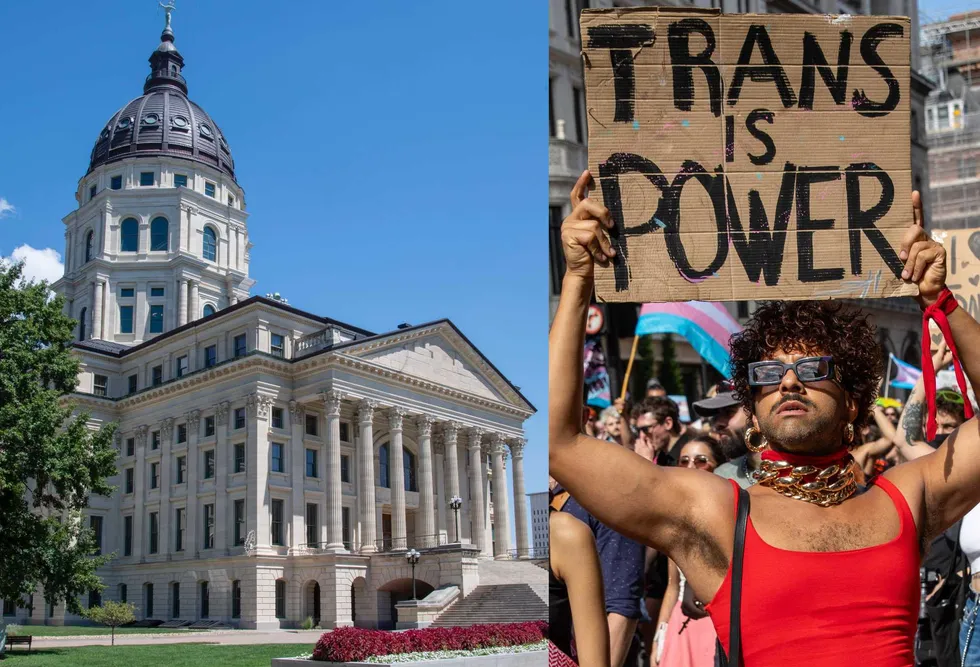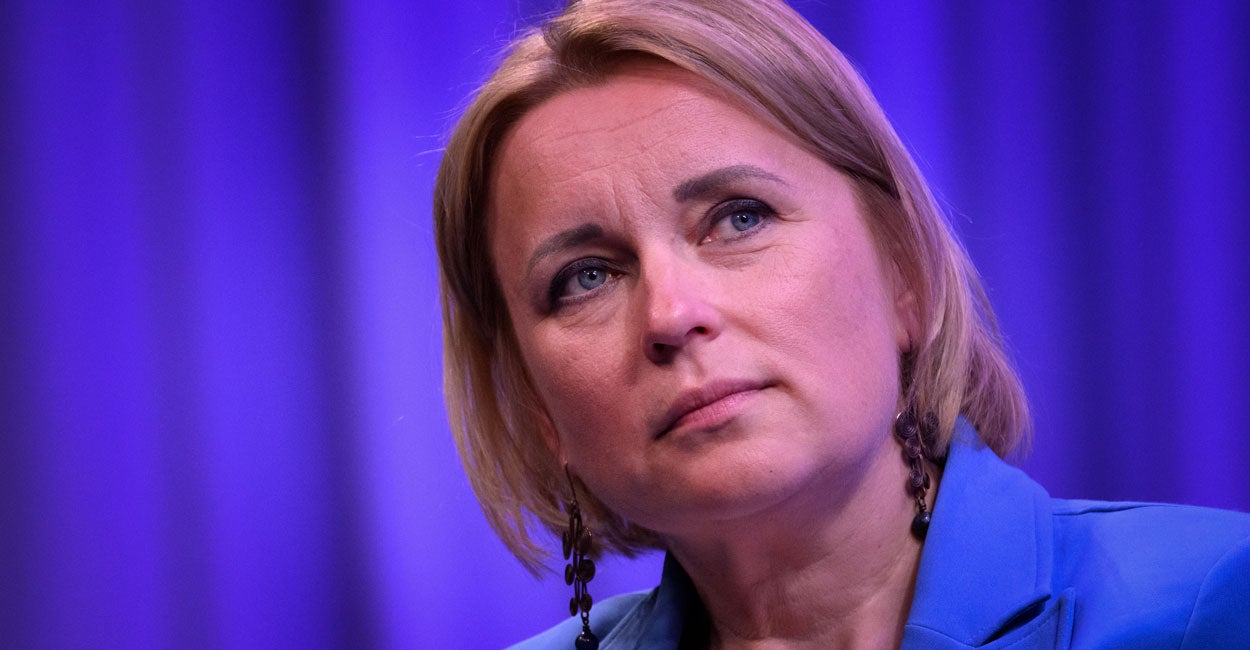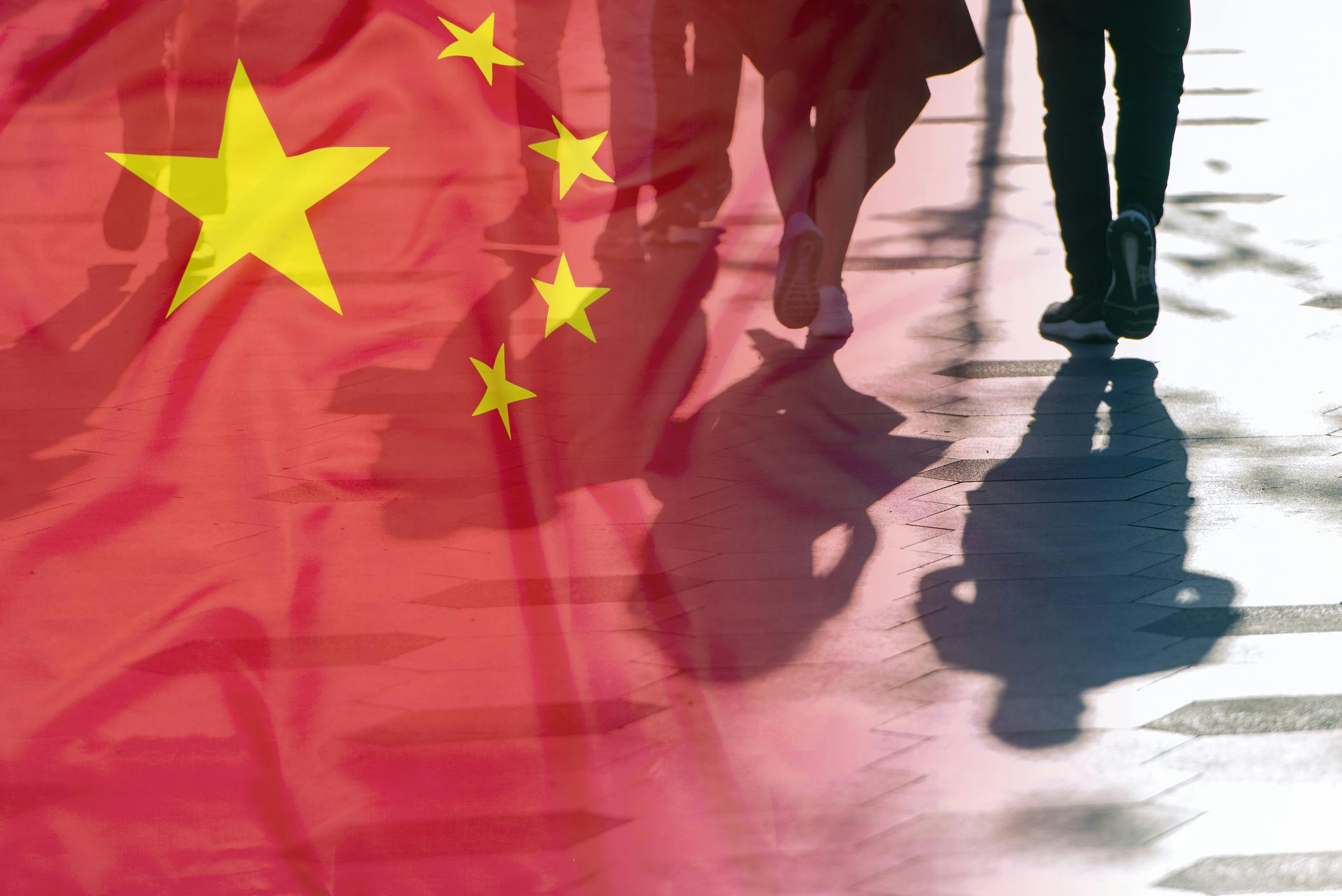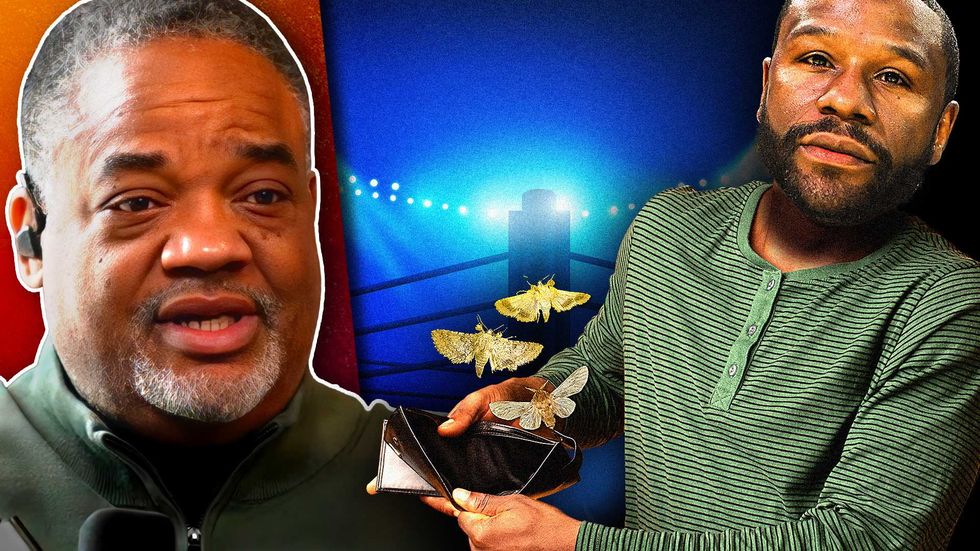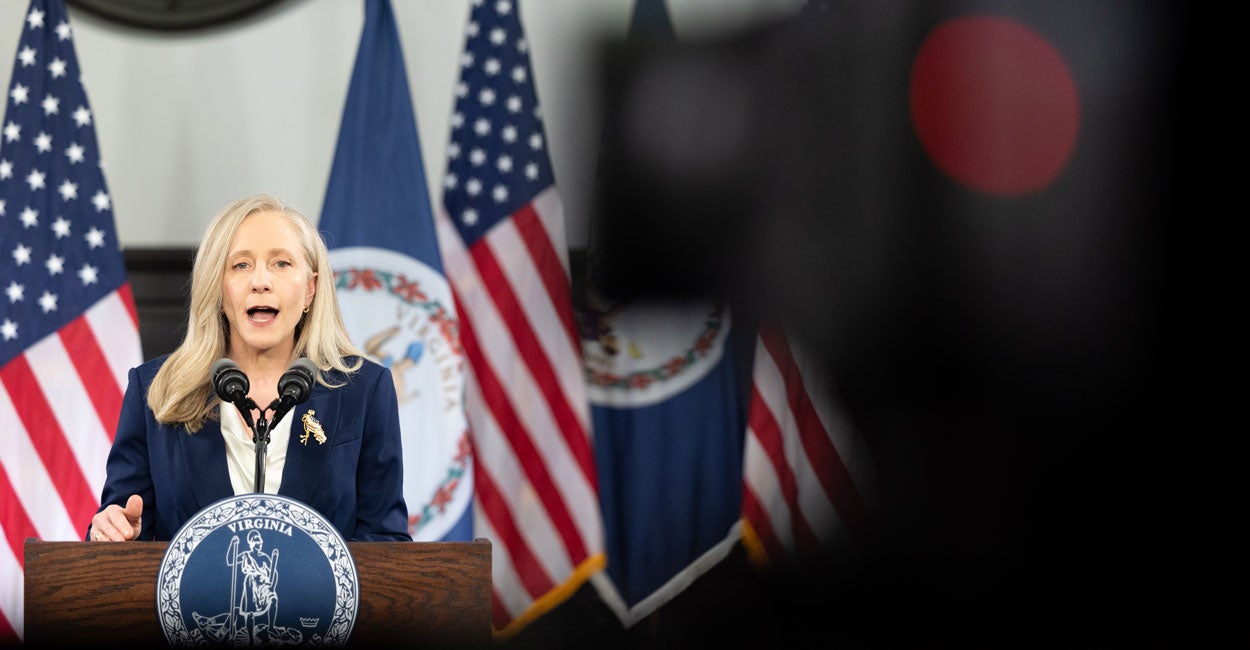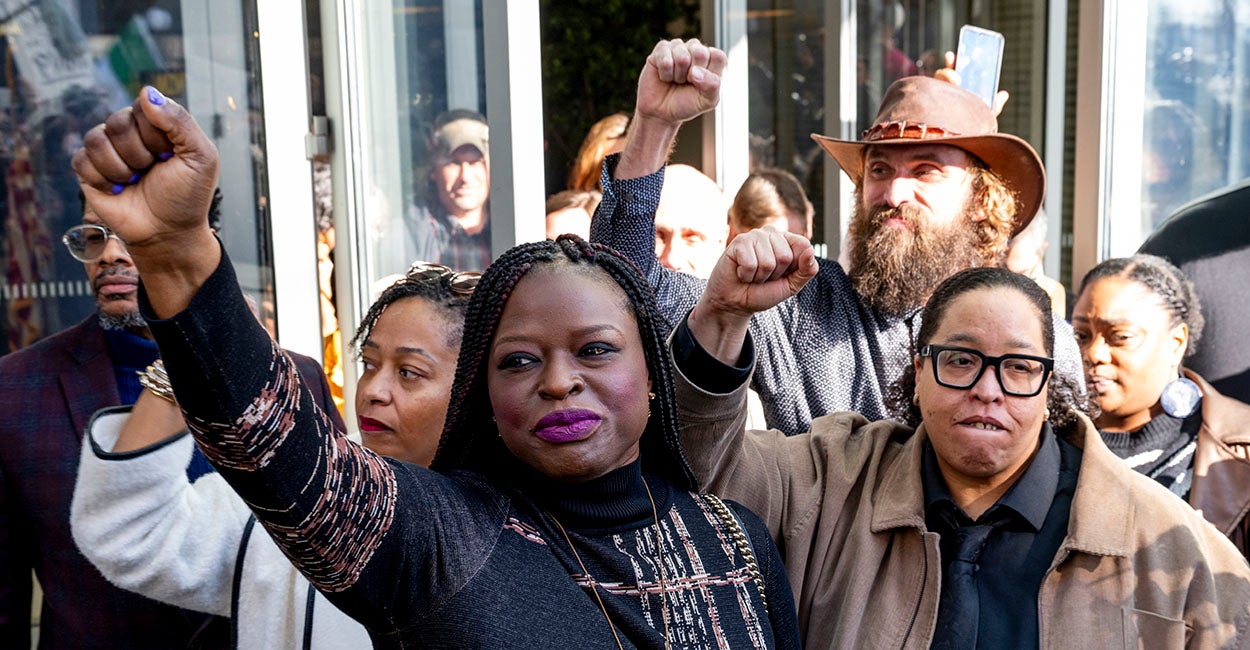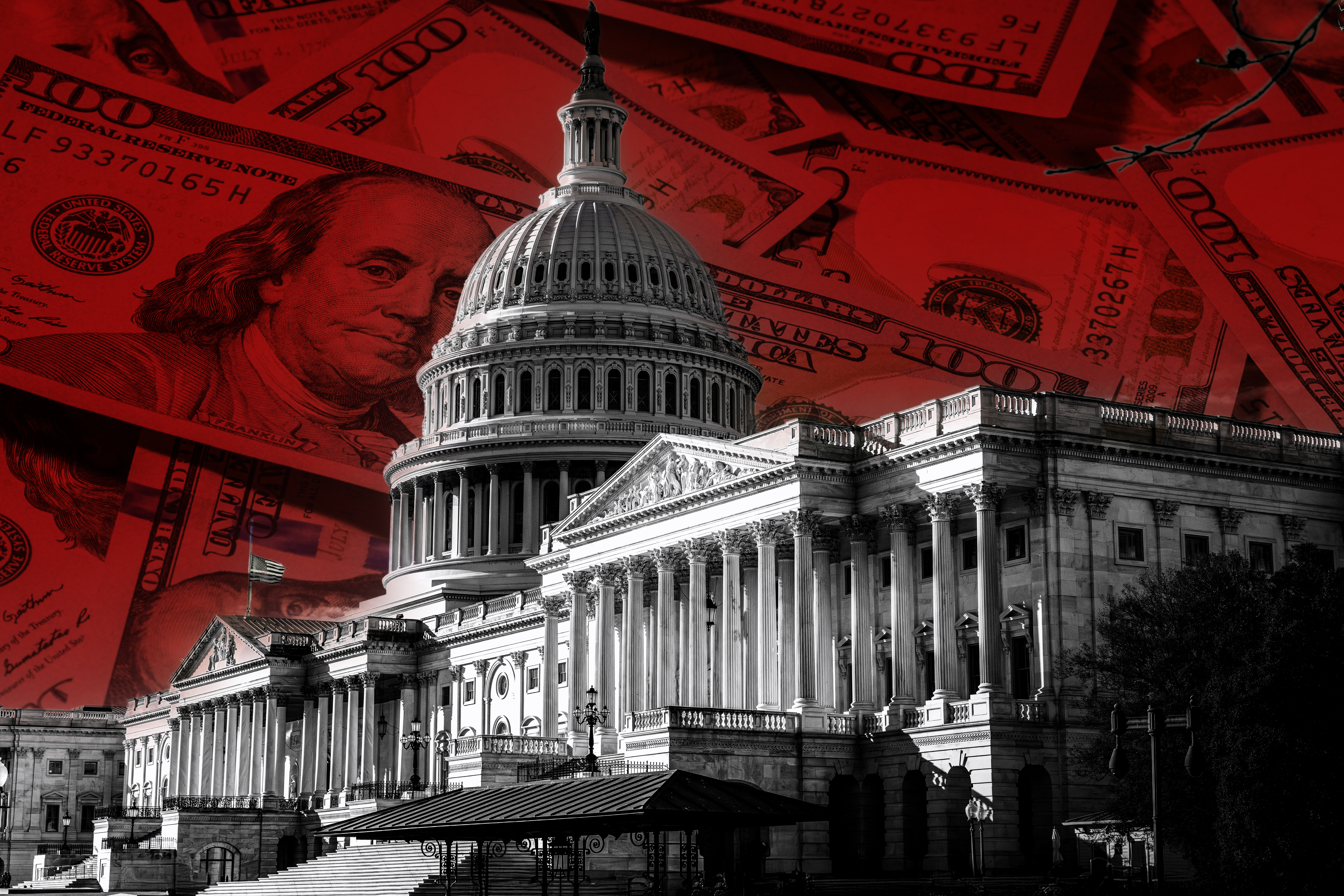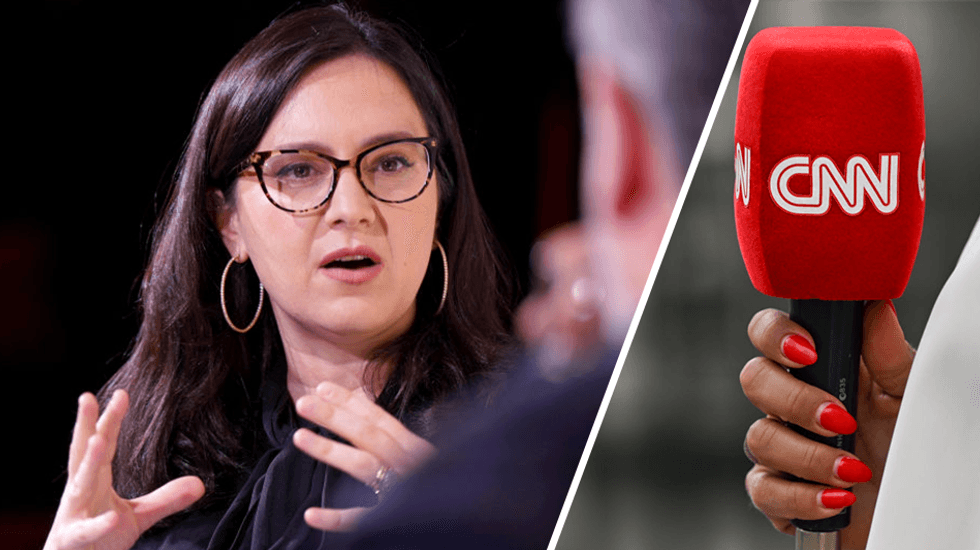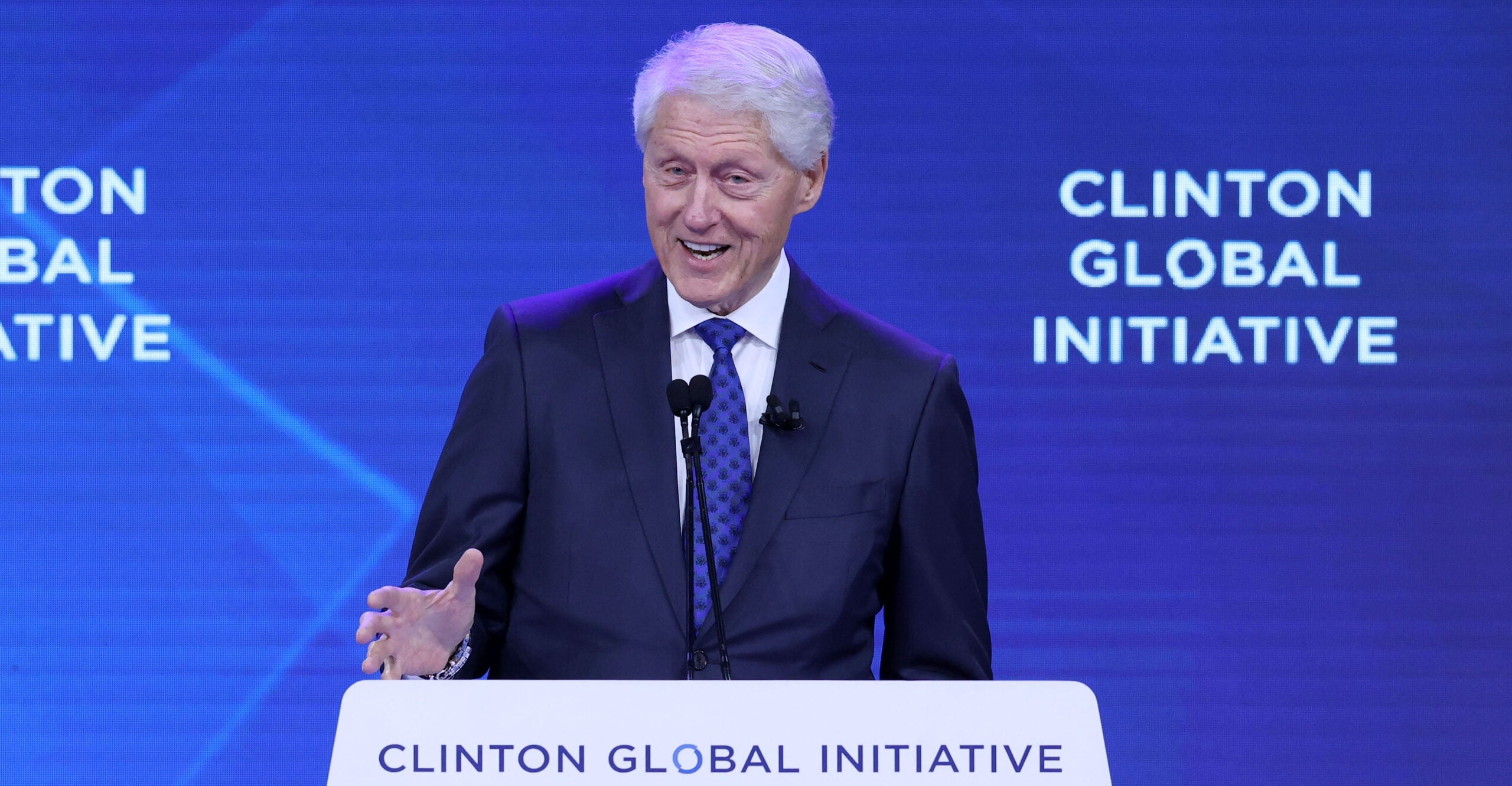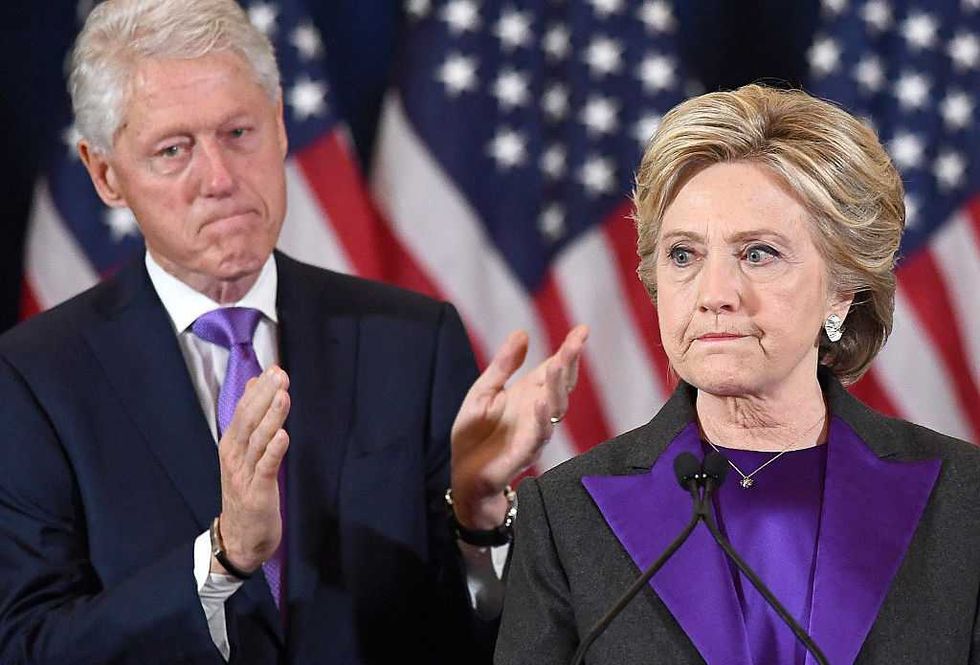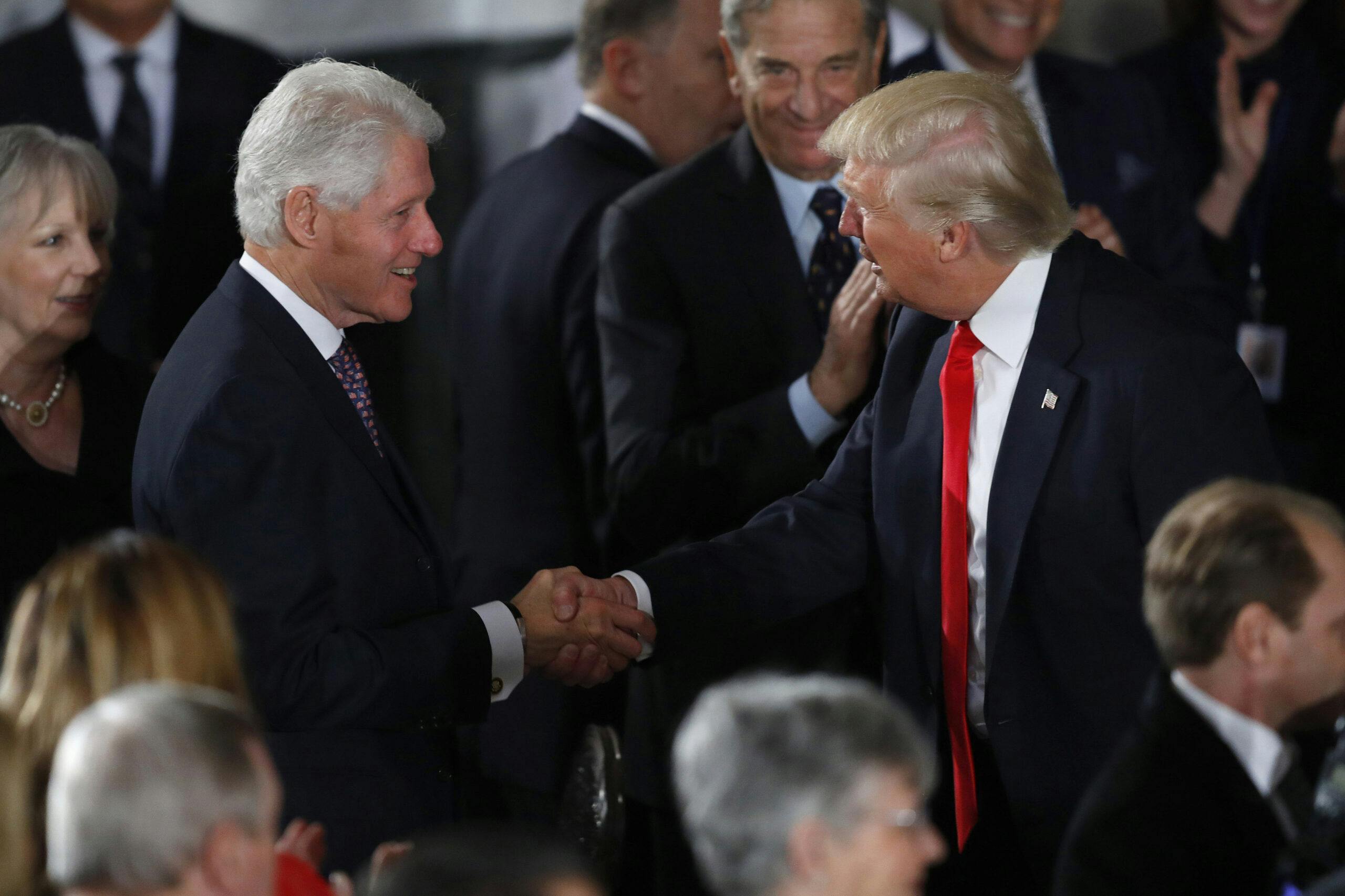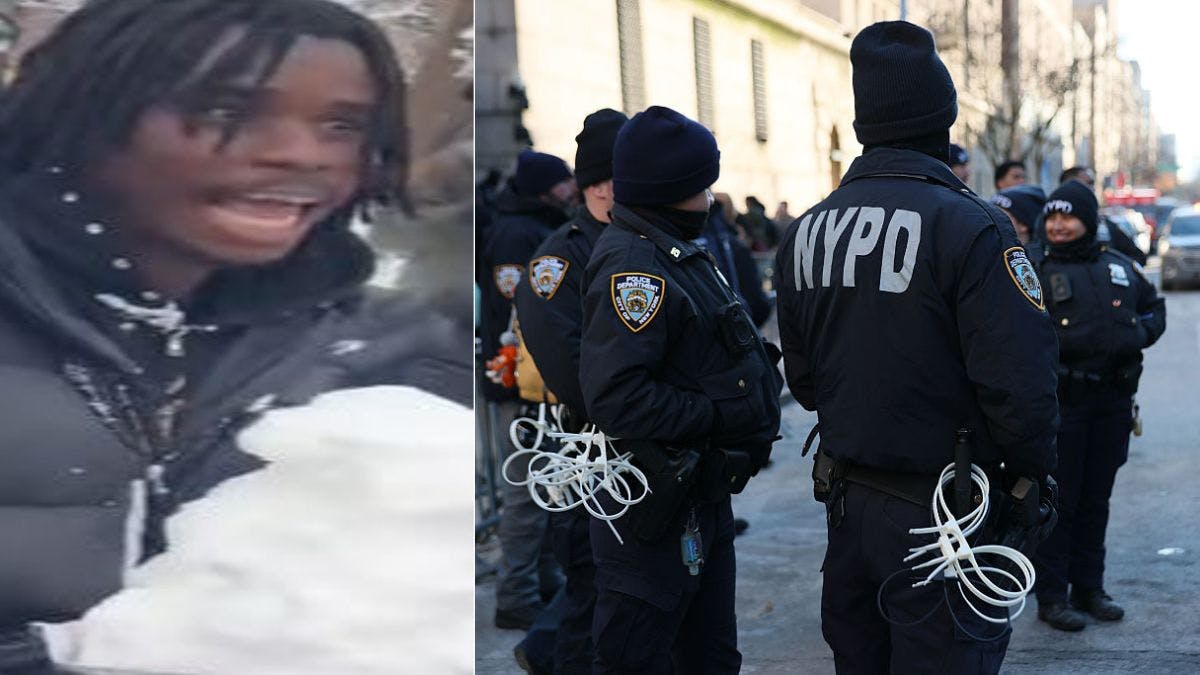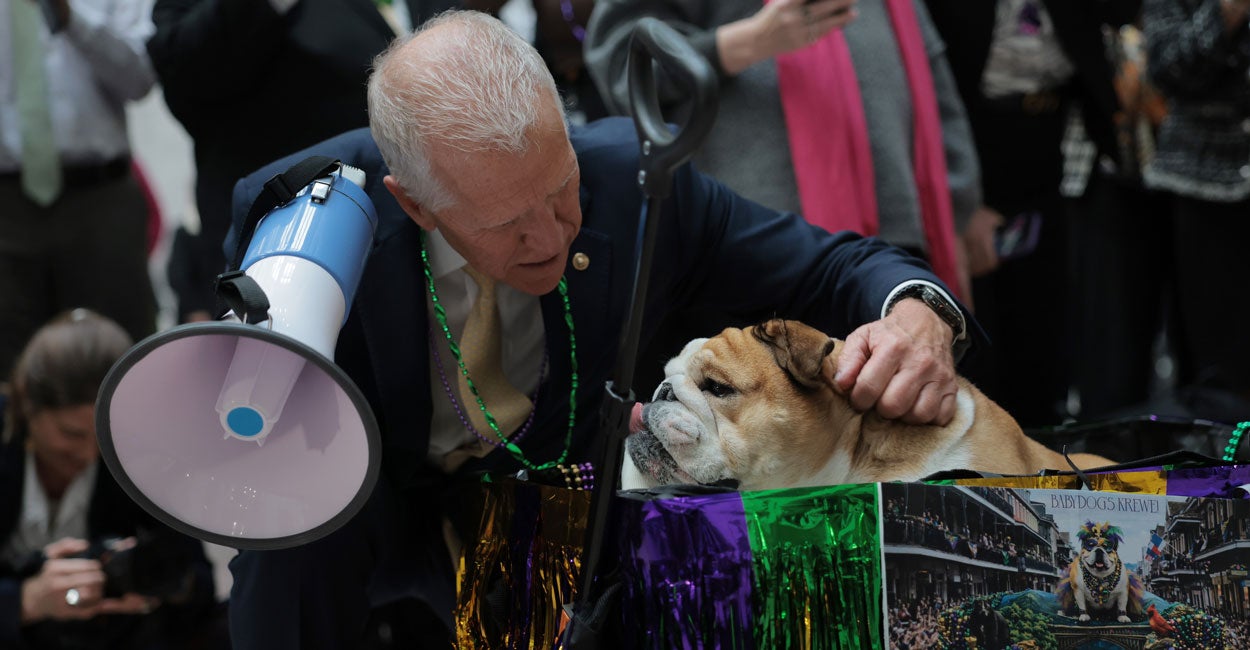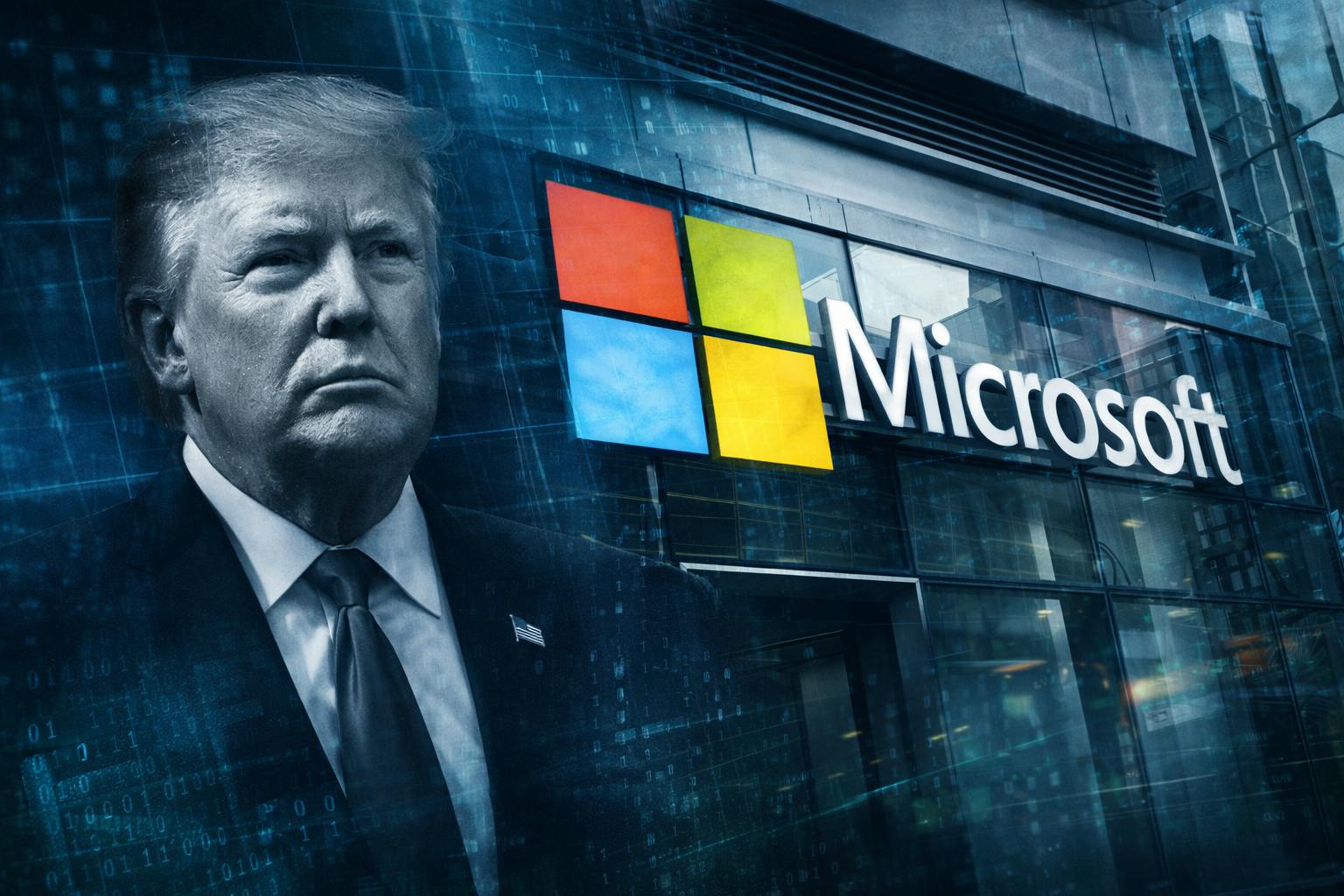TikTok: Take a Good Deal or No Deal at All
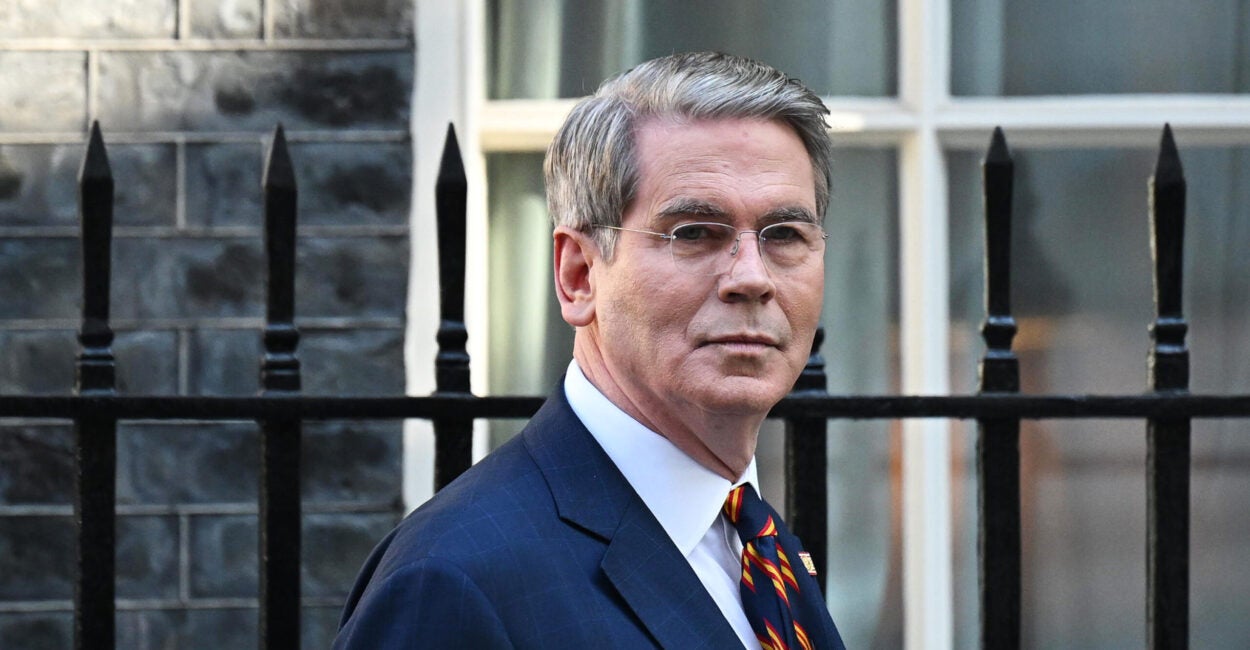
It looks as if a deal between the U.S. and China on the ownership of TikTok may be close.
Live Your Best Retirement
Fun • Funds • Fitness • Freedom
Is that a good thing? The honest answer: It depends.
Last year, Congress passed a bill with overwhelming support demanding that Chinese parent company ByteDance either sell TikTok to an American company or have it banned from U.S. app stores beginning Jan. 19, 2025. After multiple legal challenges and multiple appeals, the Supreme Court decisively weighed in against ByteDance, upholding the law 9-0.
The push to ban TikTok was driven by a growing body of concerns about the app’s malign activities and reach into the United States, summarized in a January 2025 Heritage op-ed:
- TikTok employees based in China have regularly accessed U.S. user data.
- Hundreds of TikTok and ByteDance employees also worked for Chinese state propaganda organizations.
- TikTok and ByteDance are compelled by law to share any data with the Chinese Communist Party at any time for any reason.
- Chinese actors have used TikTok to push political messages to influence U.S. elections.
- TikTok previously tracked the location and movement of U.S. reporters investigating the app.
- TikTok censors bad news about China and filters pro-China news to U.S. users.
- TikTok is “capable of changing the app’s behavior as it pleases without users’ knowledge.”
- TikTok’s U.S.-based servers are made by Inspur, a company controlled by the Chinese military and sanctioned by the U.S. government.
- ByteDance has a CCP “party committee” in its corporate structure and a Chinese government official sitting on its board.
- One online monitoring group found TikTok was pushing harmful content on eating disorders and self-harm to “vulnerable teens” every 30 seconds.
Despite pledging to ban TikTok in his first term, President Donald Trump entered office committed to negotiating the sale of TikTok to an American entity, claiming the authority to issue a series of 90-day waivers to prevent the law from taking effect while a deal was being negotiated.
Negotiations have dragged on for months, in part because the law dictates that ByteDance must fully cede control over user data and the app’s all-important algorithm to a U.S. entity. To date, the Chinese government has been unwilling to entertain a full-scale divestment.
On Sep. 15, Treasury Secretary Scott Bessent and U.S. Trade Representative Jamieson Greer engaged in trade talks with the Chinese government in Madrid, Spain. There, they announced a “framework” for a TikTok deal to “switch to U.S.-controlled ownership.”
Beijing reportedly entered talks with “aggressive asks” for “compensation,” but the U.S. team said it wasn’t interested in “big gives,” as Trump is now ready to allow the app to “go dark” if a deal isn’t reached.
For now, it’s impossible to assess the merits of this TikTok framework agreement because the devil is very much in the details.
If the Trump administration is able to negotiate a true divestment—one in which TikTok fully cedes control of its algorithm and U.S. user data to an American-controlled entity—the administration deserves praise for finding a way to extract the CCP from the phones of over 100 million mostly young Americans.
But if Beijing is ultimately unwilling to entertain a true divestment, seeks egregious concessions, or proposes a sham sale that gives the appearance of a divestment but allows Chinese entities to retain control of the data and algorithm, the deal should be rejected, and Trump should follow through on his threat to let TikTok die.
The post TikTok: Take a Good Deal or No Deal at All appeared first on The Daily Signal.
Originally Published at Daily Wire, Daily Signal, or The Blaze
What's Your Reaction?
 Like
0
Like
0
 Dislike
0
Dislike
0
 Love
0
Love
0
 Funny
0
Funny
0
 Angry
0
Angry
0
 Sad
0
Sad
0
 Wow
0
Wow
0

